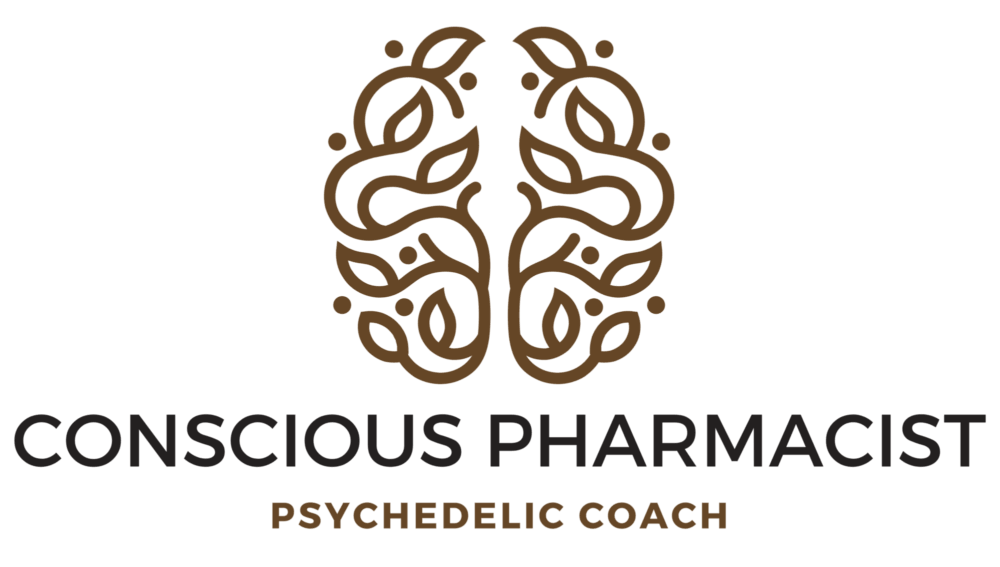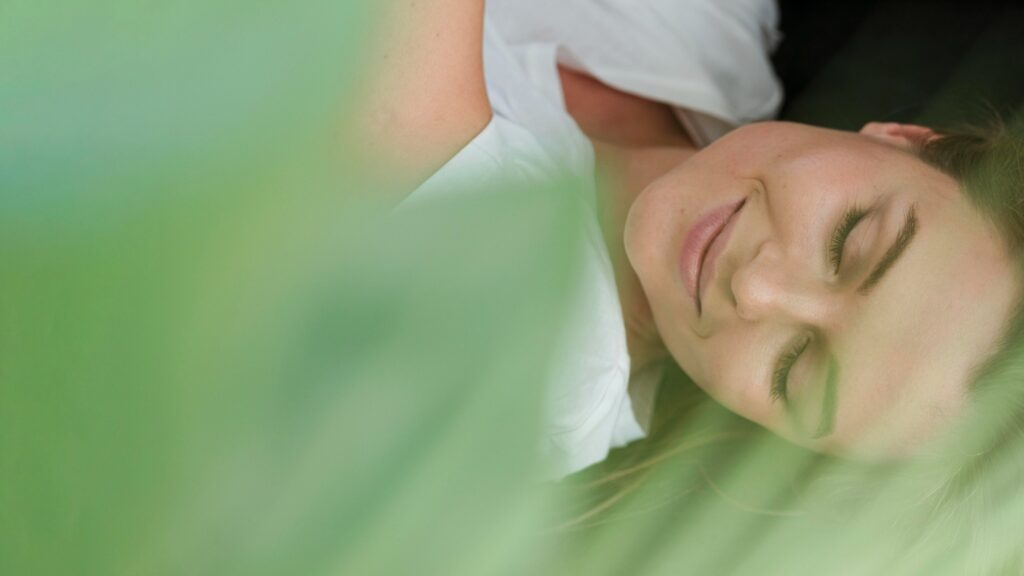In recent years, psilocybin - a naturally occurring compound found in certain species of mushrooms - has shifted from countercultural icon to clinical powerhouse. Once synonymous with psychedelic exploration, psilocybin has emerged as a game-changer in the treatment of mental health conditions. Backed by rigorous research, growing public interest and certified psilocybin therapy providers such …
In recent years, psilocybin – a naturally occurring compound found in certain species of mushrooms – has shifted from countercultural icon to clinical powerhouse. Once synonymous with psychedelic exploration, psilocybin has emerged as a game-changer in the treatment of mental health conditions. Backed by rigorous research, growing public interest and certified psilocybin therapy providers such as Conscious Pharmacist, psilocybin may soon redefine how we approach conditions like depression, anxiety, and addiction.
This article explores the potential of psilocybin in treating various psychiatric conditions, including depression, anxiety, alcohol use disorder, and substance use disorders.
The Science Behind Psilocybin
Psilocybin is naturally produced by more than 200 species of basidiomycetes fungi – a phylum of filamentous fungi – collectively known as psilocybin mushrooms, often qualified as ‘magic mushrooms’. These mushrooms come in all shapes and sizes and are found around the world. Psilocybin can also be synthetically produced and administered in standardized dosages, which is generally the form used in clinical settings.
Psilocybin belongs to a class of serotonergic psychedelics that includes lysergic acid diethylamide (LSD) and mescaline. Depending on the person and dosage, psilocybin can cause euphoria, changes in perception, perceived spiritual experiences and feelings of detachment, among other effects.
Psilocybin, when ingested, is converted by the body into psilocin, which interacts with serotonin receptors in the brain. This interaction sparks a cascade of neural activity, disrupting ingrained patterns of thought and behavior. According to a comprehensive article published by the American Society for Microbiology, this “resetting” of the brain’s default mode network – responsible for self-referential thinking – is central to psilocybin’s therapeutic effects.
These effects are not only due to psilocybin itself, because upon ingestion, it is metabolized to produce psilocin, the active form of the compound. Psilocin activates serotonin 5-HT2a receptors on cortical pyramidal cells in the brain. These cells are “the major computational units of the brain, which is where everything comes together. They help us put together our picture of what reality is,” said David Nichols, Ph.D., a professor emeritus from Purdue University School of Pharmacy (USA), who has been studying psychedelics since the late 1960s. By activating these receptors, psilocin alters brain metabolic activity and neuronal connectivity in ways that influence cognitive function and perception.
Various scientific studies have shown that psilocybin can enhance neural plasticity, the brain’s ability to form and reorganize synaptic connections. This is particularly crucial for individuals with treatment-resistant mental health conditions, where traditional therapies have failed to induce meaningful change.
Read also: Groundbreaking Research on Psilocybin for Mental Health
Clinical Potential of Psilocybin
The influx of psilocybin scientific research is fueled by compounding evidence that, when given under medical supervision in controlled conditions, psilocybin may be effective for managing various psychiatric conditions, including depression, PTSD, obsessive-compulsive disorder (OCD), alcohol use disorder, anxiety and substance use disorders. Psilocybin also has been investigated for smoking cessation, Alzheimer’s disease, eating disorders, ADHD, perimenopause, tapering off medication, chronic pain and more.
Addressing Depression and Anxiety with Psilocybin
One of the most promising applications of psilocybin is its potential to treat depression, including treatment-resistant forms. A 2021 study published in JAMA Psychiatry demonstrated that a single dose of psilocybin, combined with supportive therapy, resulted in rapid and sustained reductions in depressive symptoms. Participants reported improvements lasting weeks, and in some cases, months after treatment.
Similarly, psilocybin has shown efficacy in alleviating anxiety, particularly in individuals with life-threatening illnesses. The American Society for Microbiology article highlights a groundbreaking 2016 trial where terminally ill cancer patients experienced profound reductions in anxiety and existential distress after psilocybin-assisted therapy.
Read also:
- Psilocybin and Anxiety: An Evidence-Based Approach to Healing.
- The Benefits of Psilocybin in Treating Depression.
Tackling Addiction with Psilocybin
Addiction – whether to substances like nicotine, alcohol, or opioids – remains a significant public health challenge. Psilocybin’s ability to disrupt entrenched patterns of thought and behavior has made it a compelling candidate for addiction treatment. Early studies suggest that psilocybin can help individuals achieve long-lasting abstinence by fostering profound insights and enhancing motivation to change.
Read also: Study Shows Psilocybin Can Help People Drink Less Alcohol.
Learn more about the effects of psychedelics on depression, bipolar disorder and psychosis with Dr. Meghan Hibicke.
Psilocybin Creates a Paradigm Shift in Mental Health Care
The therapeutic potential of psilocybin is not without its challenges. Legal restrictions and lingering stigma have slowed scientific research and accessibility. However, the tide is turning. In 2020, Oregon became the first U.S. state to legalize the supervised use of psilocybin for therapeutic purposes. Other jurisdictions and countries are following suit, signaling a broader acceptance of psychedelics in mainstream medicine.
In Portugal the use of psilocybin therapy by professionals – such as Conscious Pharmacist – is permitted if being used in a safe and controlled environment.
Read also: Why It Is Allowed and Safe for the Conscious Pharmacist to Host Psychedelic Retreats in Portugal.
As more clinical trials and scientific studies demonstrate the safety and efficacy of psilocybin, its integration into mental health care seems increasingly inevitable. Experts predict that psilocybin-assisted therapy could become a cornerstone of psychiatric treatment, offering new perspective to millions of individuals struggling with mental health conditions.
Read also: Unlocking New Horizons: The Transformative Power of Psychedelic Therapy and Microdosing.
The Healing Power of Psilocybin
Psilocybin’s journey from taboo substance to therapeutic breakthrough reflects a broader shift in how society views mental health and wellness. By addressing the root causes of mental illness rather than just its symptoms, psilocybin has the potential to transform lives in ways that were once unimaginable. As we continue to explore the “healing magic in the mushrooms,” one thing is clear: psilocybin represents not just a treatment, but a paradigm shift in mental health care!
Do you have any questions, would you like book a psilocybin based Microdosing Coaching treatment, a Psychotropic Medication Tapering program, Individual Psychedelic Therapy, Inner Leadership Psilocybin Retreat, or a Group Retreat or Individual Retreat? Please book a FREE consult HERE, or contact us via our contactform.
Read also:
- Psilocybin Offers New Options for Mental Health Treatments.
- How Can Psychedelics Help with Tapering off Medication?
- The Benefits of Psilocybin and Microdosing for People with ADHD.
- Can Psilocybin Help Cure or Slow Down Alzheimer’s Disease?
- Microdosing Psilocybin: A New Approach to Chronic Pain?
- Psilocybin Retreats: Key Differences Between the Netherlands and Portugal.
- Psychedelics And Menopause: How It Can Effectively Help.
- How Psilocybin Therapy Can Help Women with Anorexia Nervosa.
- Psilocybin: As Effective Against Depression As Antidepressants.
- The Best Netflix Documentaries About Psychedelic Therapy.
- Discover the Transformative Power of Psychedelic Retreats with Conscious Pharmacist in the Algarve, Portugal.
Author: Patrick W. Driessen
Sources: American Society for Microbiology, Nature.com, National Institutes of Health, JAMA Psychiatry, Translational Psychiatry, Taylor & Francis, Nature Medicine





